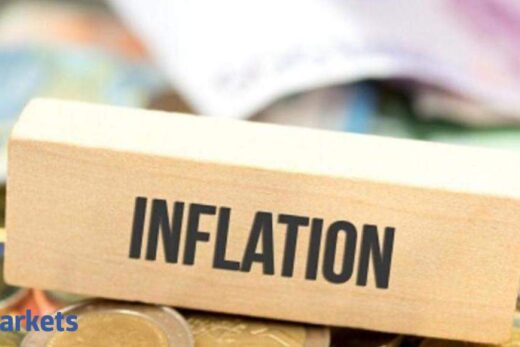Trading in shares of debt-laden China Evergrande was suspended after it missed a key interest payment on its offshore debt obligation for the second time last week.
“The biggest problem is not a default by Evergrande but the environment that has led to its downfall. Authorities are regulating housing loans and lending to property firms. Markets are looking for a next Evergrande already,” said Kazutaka Kubo, senior economist at Okasan Securities.
“There is rising risk Evergrande’s woes will spread to the entire Chinese property sector.”
MSCI’s broadest index of Asia-Pacific shares outside Japan fell 0.3%. The index marked its first quarterly fall in six quarters.
Hong Kong led the decline with a 1.9% fall in the Hang Seng index. Japan’s Nikkei erased earlier gains to stand 1.4% lower at one-month lows of 28,375.
Chinese mainland markets will be closed until Thursday for the National Day holiday while South Korean markets were also shut on Monday.
MSCI’s broadest gauge of world shares, ACWI, slipped 0.1% to 711.92, not far from a three-month low hit on Friday at 705.27.
Investor sentiment got a lift on Friday after Merck & Co said an experimental oral antiviral treatment could halve the chances of dying or being hospitalised for those most at risk of contracting severe COVID-19.
A host of U.S. economic data released on Friday also showed increased consumer spending and accelerated factory activity but also lofty inflation.
Data published on Friday also showed euro zone inflation hit a 13-year high last month and looks likely to jump higher still.
Investors fear global inflation could persist for longer than expected, given a continued rise in commodity prices and ongoing supply disruptions in many parts of the world, despite Fed Chair Jerome Powell’s insistence that high inflation is transitory.
The core U.S. PCE price index, the Federal Reserve’s preferred inflation measure for its flexible 2% target, increased 3.6% in August from a year earlier, its biggest rise in three decades and matching July’s gain.
“Although Powell has stuck to his script that inflation will be transitory, he is also recently starting to hedge his comments too, leading investors to suspect he, too, is worried about inflation,” said Norihiro Fujito, chief investment strategist at Mitsubishi UFJ Morgan Stanley Securities.
Expectations that elevated inflation could prompt the Federal Reserve to bring forward its timeline for monetary policy tightening has boosted U.S. bond yields last week.
But yields have pulled away from last week’s multi-month peaks as month-end buying underpins bond prices.
The 10-year U.S. Treasury yield stood at 1.460%, off Tuesday’s three-month high of 1.567%.
Lower U.S. yields also weighed on the dollar in the currency market. The euro bounced back to $1.1608, off Thursday’s 14-month low of $1.1563.
The U.S. currency dipped to 111.00 yen, staying below Thursday’s 1 1/2-year high of 112.08 yen.
Oil prices remained elevated, with Brent futures staying just shy of a three-year peak hit late last month, on expectations oil producing countries will raise supply in a steady manner when they meet on Monday.
Brent futures traded at $78.99 per barrel, down 0.3% in early trade.



